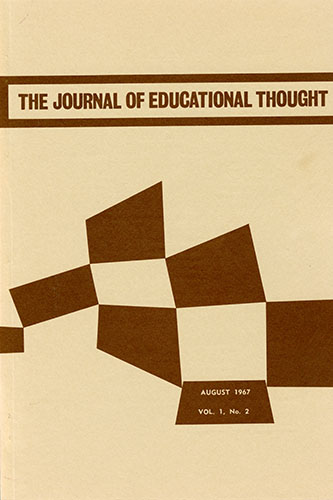Studentship and Membership: A Study of Roles in Learning
DOI :
https://doi.org/10.55016/ojs/jet.v1i2.43491Résumé
It is a curious fact that even the most radical political approaches to education as a social issue of growing prominence still attach their arguments and nostrums to the education of children and youth. It has not yet become apparent in many of the centres of public debate and analysis that the educational system can never again be considered a matter of concentration on the young. That this is true is not simply because of the contemporary awareness of governments of the close relationship of productivity and prosperity to trained and retrained manpower, nor because of the recently resulting availability of substantial financial support for an enterprise of this kind. Actually, the latter situation has prompted voices within organizations like the Canadian Teachers' Federation to argue that an imbalance in support has already occurred, and that elementary education, where all begins, is being slighted in favour of secondary and post-secondary.
Rather the argument that we can no longer concentrate only on the young is based on two more fundamental factors that seem at the moment at any rate to have the right to be treated as facts.
Téléchargements
Publié
Numéro
Rubrique
Licence
The Journal of Educational Thought retains first publication rights for all articles. The Journal grants reproduction rights for noncommercial educational purposes with the provision that full acknowledgement of the work’s source be noted on each copy. The Journal will redirect to the appropriate authors any inquiries for further commercial publication of individual articles. All authors wishing to publish in JET will be asked to fill in and sign a Consent to Publish and Transfer of Copyright agreement.
Authors must affirm that any submission to JET has not been and will not be published or submitted elsewhere while under considration by JET.

